The Evolution of Labor Day:
A Look at America's Labor Movement

Reading time: 7 minutes
As the summer winds down and the crisp air of fall begins to set in, Americans across the country celebrate Labor Day on the first Monday in September. It's a holiday dedicated to honoring the contributions of workers and the labor movement.
But what exactly does this holiday represent, and how did it come to be an integral part of the American calendar? Let's dive into some Labor Day history and explore its significance in the United States.
Origins of Labor Day
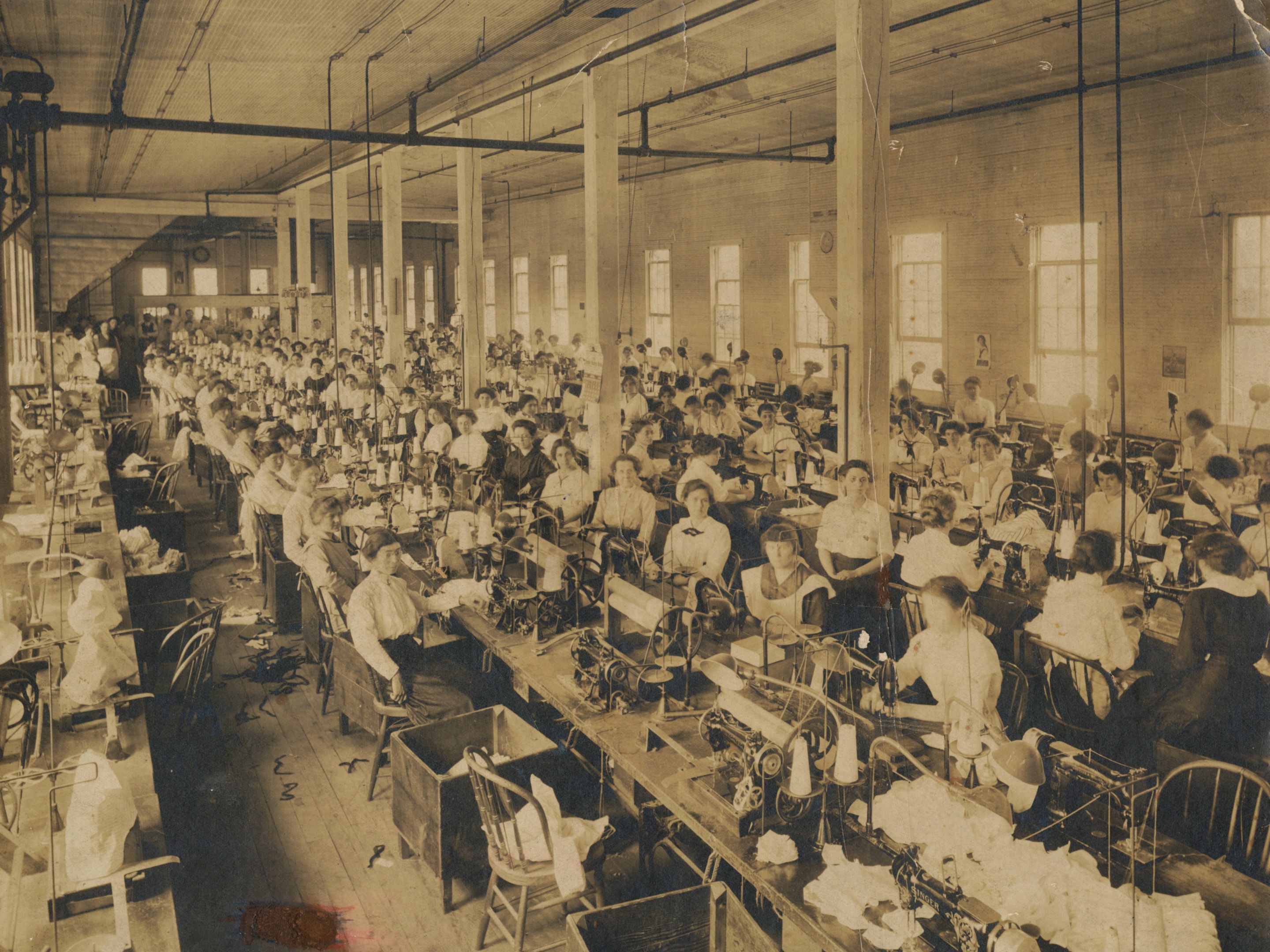
Labor Day has its roots in the late 19th century, a period marked by intense industrialization and significant labor unrest. During this era, American workers faced grueling conditions, long hours, and low wages.
The burgeoning labor movement and labor activists sought to address these injustices and improve working conditions through collective action and advocacy.
The first official Labor Day was celebrated on September 5, 1882, in New York City. Organized by the Central Labor Union (CLU), this event was intended to showcase the strength and solidarity of the labor movement.
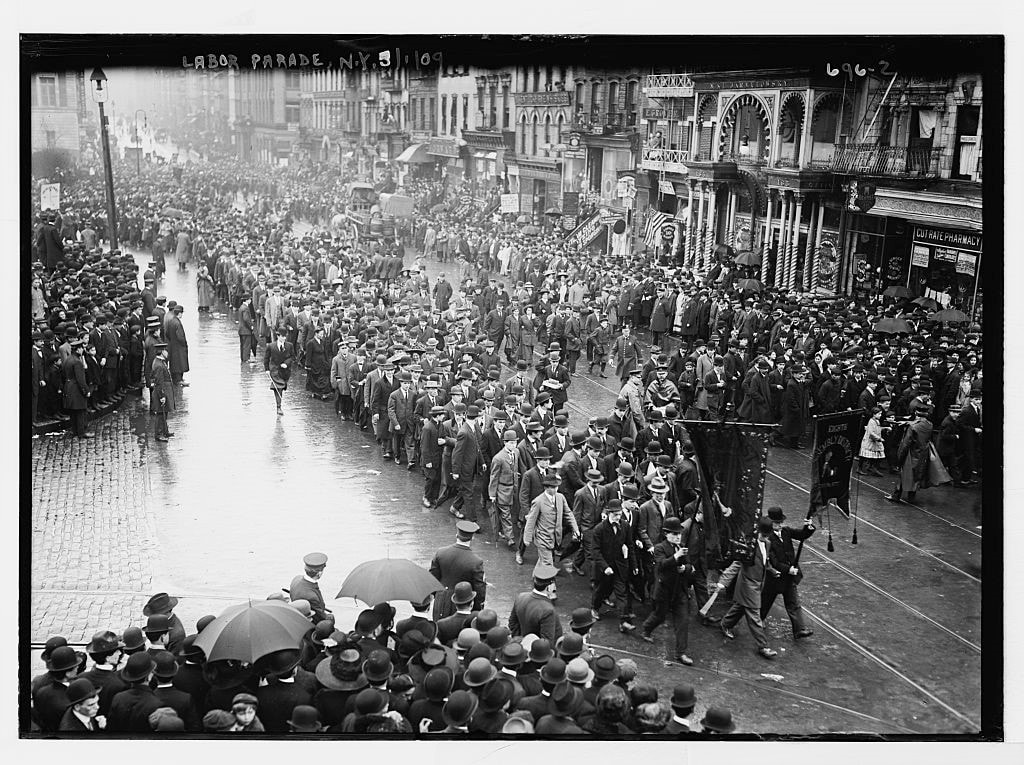
It featured a parade, speeches, and a variety of activities meant to honor workers and their contributions to the nation's growth.
A Growing Movement
The success of the 1882 New York celebration spurred other cities to hold their own Labor Day events. However, it wasn’t until 1894 that Labor Day became a federal holiday.
The Pullman Palace Car Company
The catalyst for this change was the Pullman Strike, a major railroad strike that led to nationwide disruptions and clashes between workers and authorities.
During the major economic depression of the early 1890s, the Pullman Palace Car Company cut wages in its factories and discontented workers went on strike in protest.
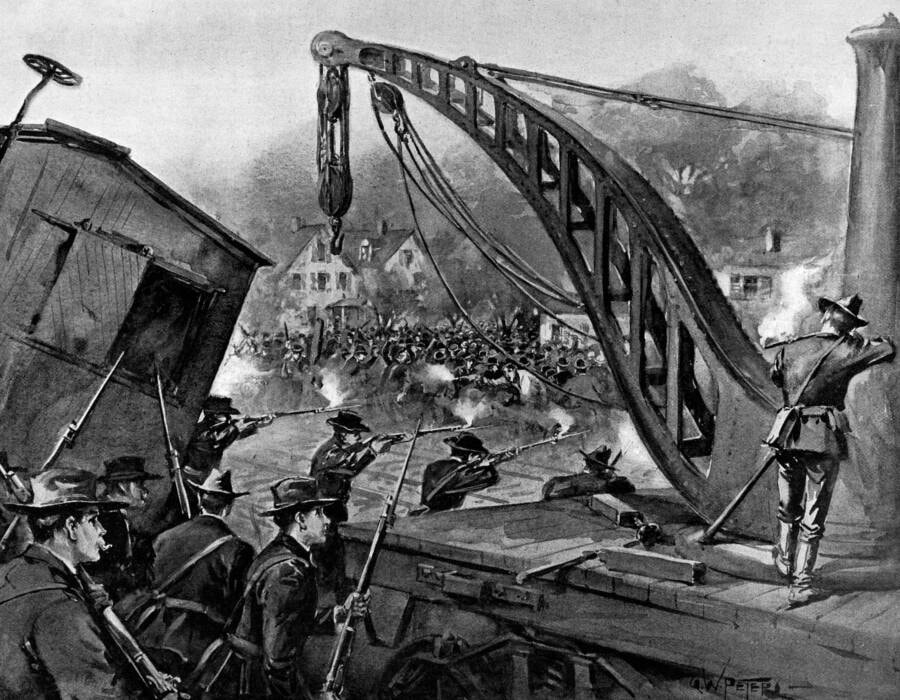
In response to the unrest and to appease the labor movement, President Grover Cleveland and Congress swiftly acted to make Labor Day a national holiday. On June 28, 1894, President Grover Cleveland signed the legislation into law, marking a significant victory for labor advocates and union leaders, and formalizing the holiday as a time to celebrate the contributions of American workers.
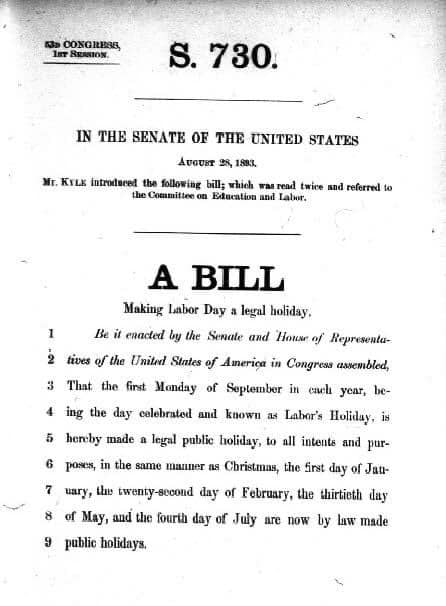
Labor Day Today
Modern Labor Day celebrations have evolved from their early roots. While the original focus was on labor unions and workers’ rights, today's observances often feature picnics, parades, and other recreational activities like going to the beach, fishing, and bicycling.
It serves as a symbolic end to summer and a time for families to gather and enjoy one another's company.

However, the essence of Labor Day remains tied to its origins. It is a day to reflect on the progress made in labor rights and to acknowledge the ongoing efforts to ensure fair treatment and respect for workers across various industries.
The holiday also highlights the importance of continued advocacy for labor issues, including fair wages, safe working conditions, and workers' rights.
Labor Day's Legacy
Labor Day stands as a testament to the power of collective action and the enduring spirit of the American labor movement. It reminds us of the struggles faced by workers in the past and the ongoing efforts needed to address modern labor challenges.
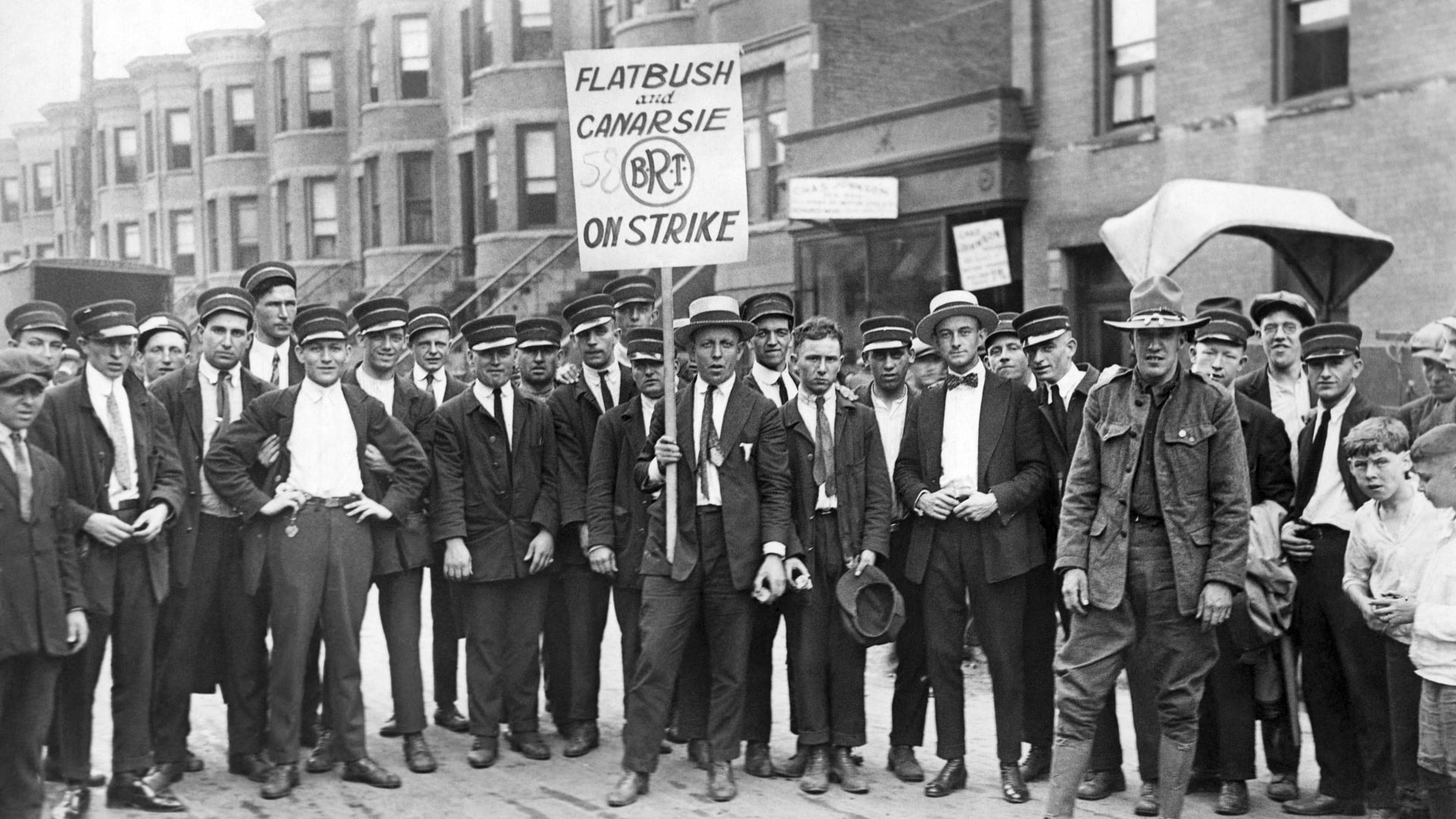
In celebrating Labor Day, we honor not just the workers of today but also those who fought for the rights and protections that we often take for granted.
As we enjoy the long Labor Day weekend and the unofficial end of summer, it’s important to remember the history behind the holiday and the contributions of the labor movement and American workers in shaping the workplace as we know it.
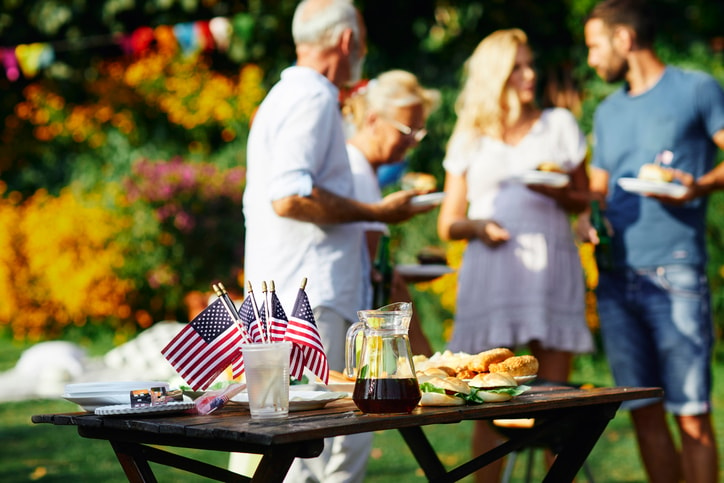
This weekend, as you enjoy your Labor Day festivities, PureTalk invites you to take a moment to reflect on the legacy of the labor movement and the significance of this day in celebrating the hardworking individuals who contribute to the fabric of American society.
Posted 1 week ago
